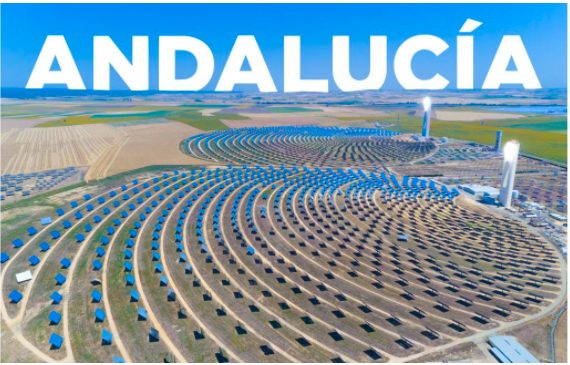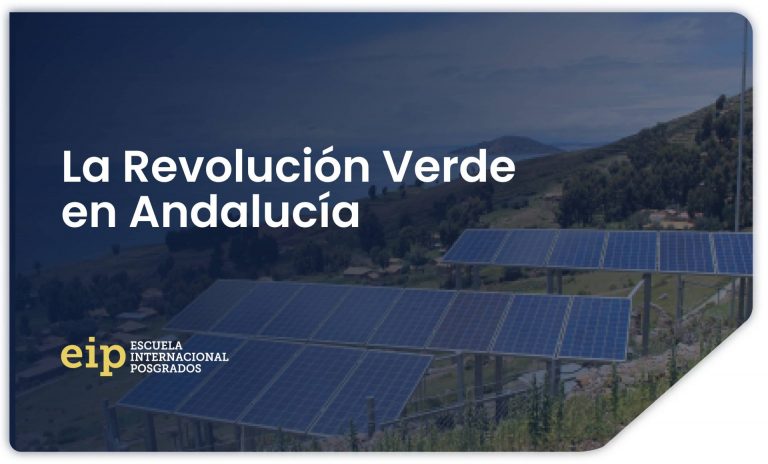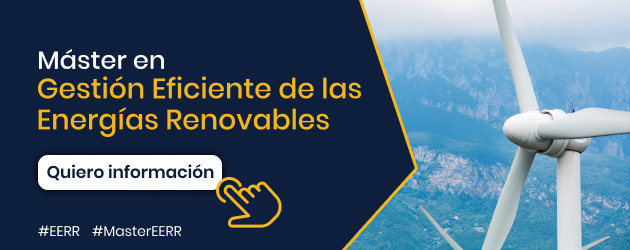Andalusia is one of the most populated communities in Spain, whose main economic engine is tourism and agriculture (which represents a quarter of the economy). In these turbulent times of the Covid19 pandemic, both sectors have been resentful, but little by little they are resurfacing.
The increase in the price of fuel and electricity has taken its toll on the agricultural and livestock sector, and Renewable energies are presented as a very effective short-term solution. The effects of climate change have meant that this community may be at significant risk. The lack of rain at these times of the year has caused the Guadalquivir channel to shrink to the point of being at levels close to drought. In the recent Climate summit held in Glasgow The management of the climatic situations of countries, communities and regions have been discussed, with the final conclusion that in many of them the measures have been inefficient and could greatly be improved.

It is in this scenario, in which many communities, in addition to the Andalusian one, see investment in the renewable energy sector as an opportunity to improve the environment (the so-called “Green Revolution") and an increase in job creation, another of the problems that have plagued Spain since the pandemic reached the country and from which it is recovering little by little.
This paradigm is presented as a gradual and staggered change, but in the short term in terms of years. For some time now, ecological measures have been applied in the Andalusian industry, obtaining very encouraging data; Andalusia has achieved that around sixty percent of the energy produced is clean and without carbon dioxide emissions. This data positions Andalusia as a community on the right path towards the solution to climate change, since one of the objectives of the Glasgow Summit is to reduce greenhouse gas emissions by 40% within 10 years.
There are several projects that have already begun their journey in said community. Companies like Repsol either Iberdrola, who want to seek an important role within the renewable energy sector, such as installations of solar farms or photovoltaic plants in areas of Cádiz, which would complement other plants already installed in other provinces, and another dozen solar farms more distributed by the Andalusian geography.
The investment of some companies in the sector over the next few years is abysmal, exceeding one billion euros for the sector, with projects involving different types of renewable energy: photovoltaic, wind and biomass mostly. In addition, there are thousands of smaller-scale electrical energy production projects in development.
Support for these measures from the Junta of Andalusia it's constant, becoming increasingly involved in the renewable energy sector through fire prevention to avoid losing green surface, making responsible consumption of water reserves, as well as its treatment and purification, which in the past has led to sanctions for the Andalusian community.
The Board is currently carrying out a study to bet on him Hydrogen as an ecological fuel that is considered one of the keys to a clean and green future. We also want to achieve zero waste production, making it possible for all waste that comes from different industries to be reused with added value.
Within the main industries, the use of slurry and animal manure for the production of biogas through gasification is beginning to be considered, obtaining electrical energy from organic waste. Within the agricultural sector, plant waste not useful for food could also be used to pelletize it for urban heating or for the production of liquid biofuels such as biodiesel and bioethanol.



































